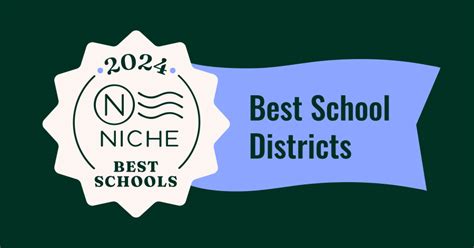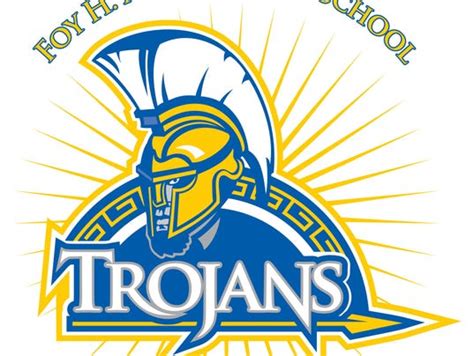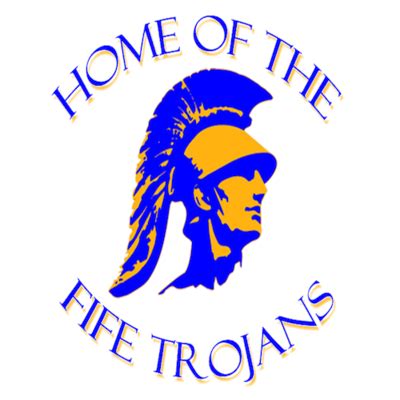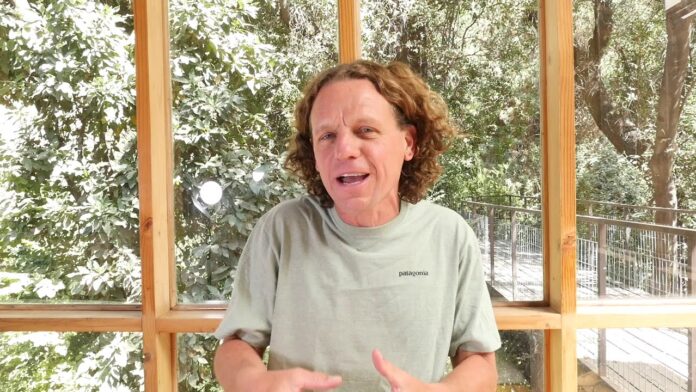Choosing the right school for your child is one of the most important decisions you can make. With the increasing demand for quality education, private schools have become a popular choice for parents seeking a more personalized learning experience. In this article, we provide an overview of the top private schools in your area, covering essential details such as admission requirements, tuition fees, and financial aid options. We also explore academic programs, extracurricular activities, and offer insights from parents and students. Additionally, we’ll compare private and public schools in the region and share tips to help you select the best private school for your child.
xotools.xyz invites you to delve into this topic thoroughly.
1. Overview of the top private schools in the area
Private schools in your area offer a diverse range of educational environments, each with its unique strengths and specialties. These institutions are known for their rigorous academic standards, smaller class sizes, and individualized attention, which help foster a supportive and engaging learning atmosphere. Many of the top private schools also emphasize a well-rounded education, incorporating arts, athletics, and character development into their curriculum.
Some of the leading private schools in the region have established reputations for excellence, with strong college placement records and state-of-the-art facilities. These schools often attract experienced educators who are passionate about their subjects and dedicated to student success. Additionally, many of these schools offer specialized programs, such as advanced placement courses, international baccalaureate programs, and STEM-focused curriculums, catering to a wide range of student interests and academic goals.
Whether you are seeking a faith-based education, a focus on the arts, or a challenging academic environment, the top private schools in your area provide a variety of options to meet your child’s needs.

2. Admission requirements and process
The admission process for top private schools in your area is designed to select students who are a strong fit for the school’s academic and cultural environment. Typically, the process begins with an inquiry form or application that collects basic information about the student and their family. This is followed by submitting detailed documents, such as previous academic records, teacher recommendations, and sometimes standardized test scores.
Most private schools also require prospective students to take an entrance exam. This exam assesses the student’s academic abilities and is often used to determine eligibility for specific programs or scholarship opportunities. In addition to academic criteria, many schools also emphasize extracurricular involvement and personal character, asking students to submit essays or personal statements that reflect their interests, values, and goals.
Interviews are another common component of the admission process. These may involve both the student and their parents, giving the school a more comprehensive understanding of the applicant’s background and aspirations. The interview is an opportunity to discuss the student’s academic achievements, interests, and how they might contribute to the school community.
After the application and interview process, admissions decisions are typically communicated within a few weeks. Successful applicants may be offered spots on a rolling basis, while others may be placed on a waitlist if spaces are limited.

3. Tuition fees and financial aid options
Tuition fees at top private schools in your area can vary significantly depending on the institution, ranging from moderate to substantial amounts annually. These fees typically cover the cost of tuition, access to state-of-the-art facilities, extracurricular programs, and other educational resources. However, additional costs may include uniforms, textbooks, technology fees, and other miscellaneous expenses, which can add to the overall financial commitment.
To help families manage these costs, many private schools offer a variety of financial aid options. These can include need-based grants, merit-based scholarships, and payment plans that allow families to spread the cost of tuition over the school year. Need-based financial aid is often determined by evaluating a family’s financial situation through a standardized assessment process, ensuring that assistance is provided to those who genuinely need it.
Merit-based scholarships are typically awarded to students who demonstrate exceptional academic achievements, leadership skills, or talents in areas such as the arts or athletics. Some schools also offer sibling discounts for families with multiple children enrolled.
It’s important for prospective families to explore these financial aid options early in the application process to understand what assistance may be available and to plan accordingly for the investment in their child’s education.

4. Academic programs and curriculum highlights
Top private schools in your area are known for their diverse and robust academic programs, designed to challenge students and prepare them for future success. These schools often offer a broad curriculum that includes core subjects such as mathematics, science, language arts, and social studies, while also providing opportunities for students to explore specialized areas of interest.
Advanced Placement (AP) courses and International Baccalaureate (IB) programs are common in these institutions, offering students the chance to earn college credit and develop a global perspective. STEM (Science, Technology, Engineering, and Mathematics) education is frequently emphasized, with many schools offering dedicated labs, technology integration, and hands-on projects that foster critical thinking and problem-solving skills.
In addition to the traditional academic offerings, many private schools place a strong emphasis on the arts, humanities, and languages, encouraging students to develop creativity and cultural awareness. Small class sizes allow for personalized instruction, enabling teachers to tailor the curriculum to meet individual student needs and learning styles.
Overall, these academic programs are designed to provide a well-rounded education that equips students with the knowledge, skills, and confidence to excel in their academic and personal lives.
5. Extracurricular activities and facilities
Top private schools in your area offer a wide range of extracurricular activities and state-of-the-art facilities to enrich the student experience beyond the classroom. Extracurricular programs often include sports teams, arts and music ensembles, drama clubs, and leadership opportunities, providing students with avenues to explore their interests and develop new skills. These activities are designed to complement the academic curriculum and help students build teamwork, creativity, and confidence.
Facilities at these schools are typically well-equipped to support a variety of interests. Modern campuses often feature sports complexes with gymnasiums, swimming pools, and playing fields. Art studios, music rooms, and theater spaces are also common, offering students the resources needed to engage in artistic pursuits. Many schools also have dedicated science labs, technology centers, and innovation hubs that support hands-on learning and experimentation.
These extracurricular opportunities and facilities contribute to a holistic educational experience, encouraging students to pursue their passions, stay active, and develop a well-rounded skill set.
6. Reviews and ratings from parents and students
Reviews and ratings from parents and students provide valuable insights into the quality and impact of private schools in your area. Many parents highlight the personalized attention their children receive, thanks to smaller class sizes and dedicated teachers. Positive reviews often mention the strong academic programs and the school’s ability to tailor education to individual student needs, fostering both academic and personal growth.
Students frequently praise the supportive and engaging learning environment, noting the variety of extracurricular activities that enhance their educational experience. Many appreciate the opportunity to participate in sports, arts, and leadership programs, which contribute to a well-rounded education and help build important life skills.
On the other hand, some reviews may mention challenges such as the high cost of tuition or the pressure to maintain academic excellence. While these issues are not uncommon, they are typically balanced by the school’s commitment to providing a high-quality education and a range of support services.
Overall, the feedback from parents and students reflects a general satisfaction with the private schools’ academic rigor, facilities, and extracurricular offerings, with many noting the positive impact these schools have on their children’s educational and personal development.
7. Comparison of private schools vs. public schools in the region
When comparing private schools to public schools in the region, several key differences emerge. Private schools often offer smaller class sizes, which allows for more personalized attention and tailored instruction. This can lead to a more individualized learning experience compared to public schools, which generally have larger class sizes.
Private schools typically have more flexibility in their curricula, allowing them to offer specialized programs such as advanced placement courses, STEM-focused studies, or unique arts programs. Public schools, while providing a comprehensive education, may have a more standardized curriculum due to state regulations and budget constraints.
Extracurricular opportunities at private schools are usually extensive, with a broad range of sports, arts, and leadership programs. Public schools also offer extracurricular activities but may have fewer options due to larger student populations and limited resources.
In terms of cost, private schools require tuition, which can be a significant financial commitment. Public schools are funded by government sources and are free of charge, making them accessible to all families. Both types of schools have their strengths, and the choice often depends on individual priorities and financial considerations.
8. Tips for selecting the best private school for your child
Selecting the best private school for your child involves several key considerations. Start by identifying your priorities and your child’s needs, such as academic focus, extracurricular interests, and learning style. Research schools that offer programs aligning with these priorities, and visit their campuses to get a feel for the environment and facilities.
Consider the school’s reputation, including reviews from current and past students and their families. This feedback can provide insight into the school’s strengths and any potential challenges. Pay attention to the school’s academic programs, ensuring they offer a rigorous curriculum and opportunities for advanced coursework if needed.
Evaluate the extracurricular activities available to ensure they align with your child’s interests. Additionally, review the school’s admission requirements and financial aid options to understand the commitment involved.
Finally, trust your instincts during school visits and discussions. Choose a school where your child feels comfortable and excited about learning, as this will contribute sign
Choosing the right private school for your child is a significant decision that can greatly impact their educational journey and personal growth. By thoroughly researching schools, understanding their academic programs, extracurricular offerings, and financial aid options, and considering feedback from current families, you can make an informed choice. Remember to visit schools and trust your instincts to find the best fit for your child’s unique needs and interests. A well-chosen private school can provide a supportive and enriching environment that fosters both academic and personal development.
xotools.xyz









